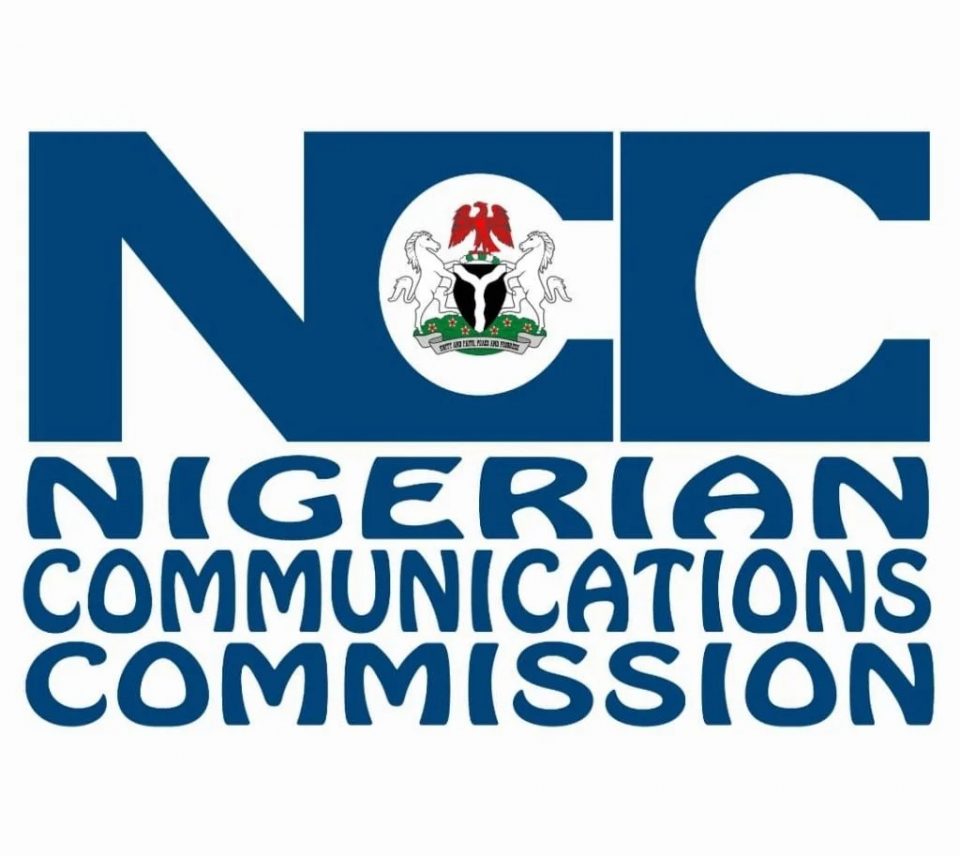The Nigerian Communications Commission (NCC) said the number of active mobile subscriptions in the country has reached 220,715,961 million as of August 2023.
The executive vice chairman (EVC) of NCC, Prof. Umar Danbatta, disclosed this at the 18th Abuja International Trade Fair organised by the Abuja Chamber of Commerce and Industry (ACCI) on Thursday in Abuja.
This year’s 12-day edition of the fair is with the theme: “Sustainable Financing and Taxation’’.
Danbatta, represented by the Director, Consumer Affairs Bureau, Mr Umar Alkasim, also warned Consumers against buying pre-registered SIM cards for security reasons saying it is very dangerous.
He urged consumers to be aware that buying pre-registered SIM cards is a criminal offence in Nigeria because of the NIN-SIM Linkage which helps improve security in the country. He commended the Abuja Chamber of Commerce and Industry for providing the platform for NCC to reach out to and interact with stakeholders in the industry particularly the telecom consumers.
The EVC also said that the number of active internet subscribers was 159,034,717 million, with broadband penetration at 45.57 per cent as at August, 2023.
He said that the competitiveness of Nigerian businesses depended on their ability to leverage new technologies by acquiring the necessary digital skills to do business on an international scale.
Danbatta said: “In Nigeria today, the number of active mobile subscriptions reached 220,715,961 million as at August 2023, while Teledensity stood at 115.63 per cent at the same period.
“Also, the number of active Internet subscribers was 159,034,717 Million with broadband penetration at 45.57 per cent as at August 2023.
“In this new environment, the competitiveness of Nigerian businesses depends on their ability to leverage on new technologies by acquiring the necessary digital skills to do business on an international scale.
“This in turn benefits the economy financially.”
He said that NCC’s regulatory efforts in deepening access to digital services would benefit Nigeria and make it competitive and comparable with other economies in the areas of job creation and contribution to Gross Domestic Product (GDP) growth
“It is in our response to ensuring that Nigeria is competitive in all these areas that the commission continuously puts a number of regulatory measures in place to ensure seamless access by Nigerians to telecommunications services.
“This is in order to deepen competitiveness of the Nigerian economy by making our businesses and industries digitally compliant,” the EVC added.
To sustain the steady growth of the telecoms sector, Danbatta said that NCC would continue to create a conducive environment.
He said that an environment that would stimulate the deployment of robust broadband infrastructure to improve the Quality of service (QoS) and Quality of Experience (QoE) for telecom consumers, be it individuals or corporates.
“This is because, as a country, we need robust telecoms infrastructure that will help our industries transition to becoming Information and Communication Technology (ICT)-driven, if we hope to be digitally competitive on the global stage,” Danbatta said.
Earlier, the director, Consumer Affairs Bureau, Mr Umar Alkasim, reiterated that NCC’s commitment was to ensure fair competition and a level playing field for all stakeholders in the telecommunication industry.
Alkasim, represented by Head, Consumer Policy Development and Monitoring, NCC, Mr Ayanbanji Ojo, said that the commission was safeguarding the interest of consumers from abuse of their rights and privileges against unfair practices in the telecom service value chain.
“This commitment is demonstrated by the commission’s continuous effort to establish seamless programmes that would Protect, Inform and Educate (PIE Mandate) telecom consumers through various consumer-centric initiatives,” he said.

